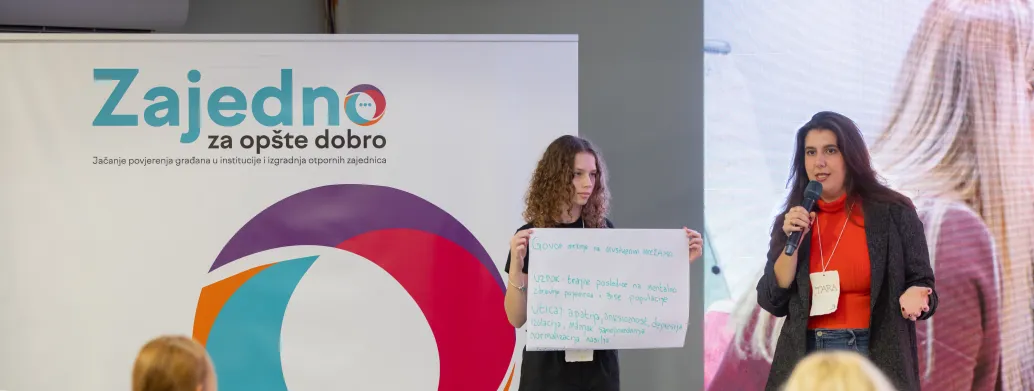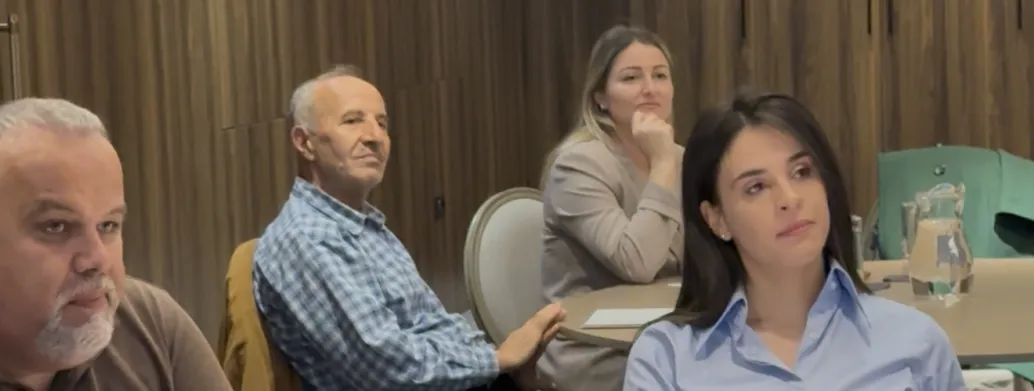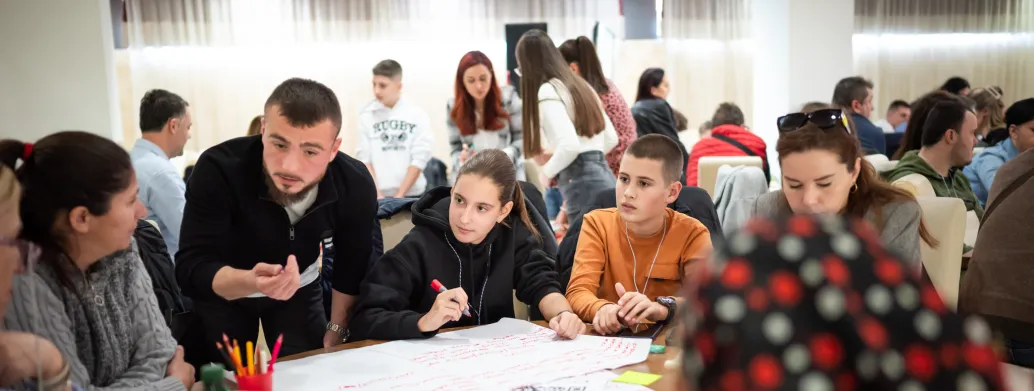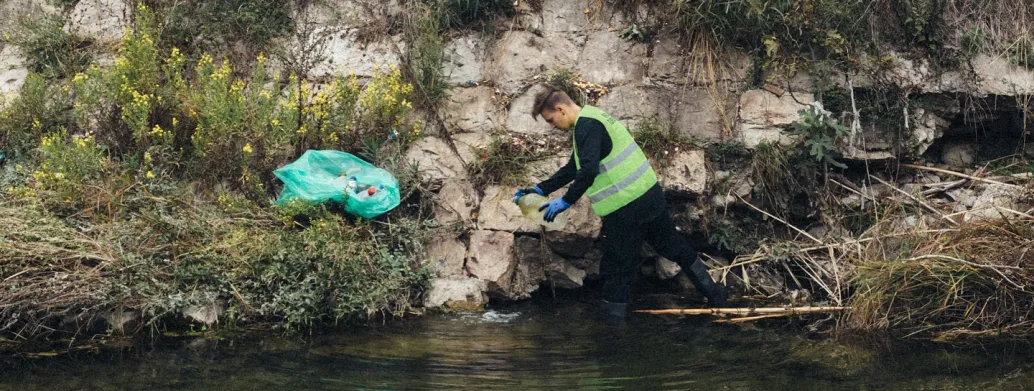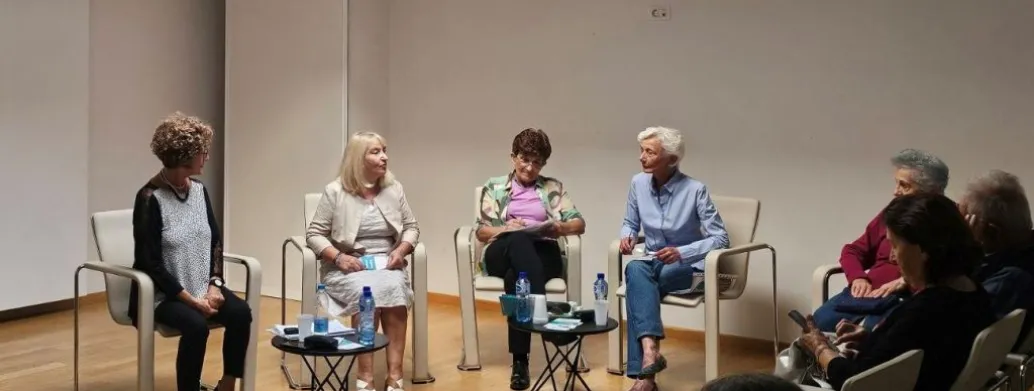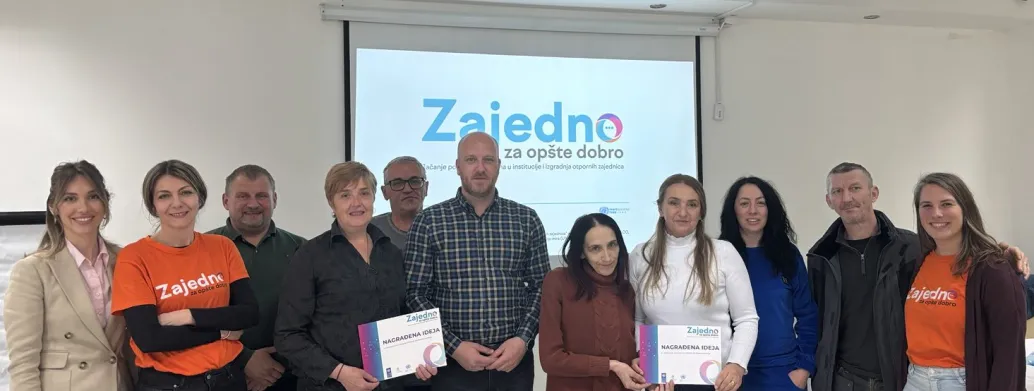
Two Ideas Supported for Improving Cohesion in Bijelo Polje
The Social Cohesion Innovation Lab, held on March 10 and 11, 2025, at Hotel Franca in Bijelo Polje, brought together motivated teams determined to find solutions for stronger, more inclusive communities. Although only two teams made it to the final stage, their dedication and deep understanding of local needs highlighted Bijelo Polje as an example of quality and citizen commitment to creating better living conditions for everyone.
After dynamic workshop modules, which guided the teams through the process of innovating to create unique, useful, and sustainable solutions, the ideas were presented to an expert jury composed of representatives from UNDP and the Municipality:
“I Can, I Want, and I Will Integrate” - a training and mentoring program for people with disabilities to help them enter the labor market. This team, led by Dragana Božić, focused on breaking down the barriers faced by persons with disabilities aged 20 to 40, especially those from rural areas. Dragana emphasized: "Our vision is a society where disability is not an obstacle to achieving one’s full potential. Everyone deserves a chance to work, contribute, and be an equal member of the community." The team identified key challenges such as social stereotypes, prejudice, and the lack of proper implementation of laws.
“Together Against Stress” - an integrated package of home visits, stress management workshops, and intergenerational activities for the elderly and chronically ill in rural areas. This team, which included Biljana, Predrag, and Ranko, dedicated itself to improving the quality of life for elderly people and chronic patients in rural areas, who often face isolation and lack of support. Biljana Milatović highlighted: "Our idea is to reduce stress levels and connect people, to show them they are not forgotten. We want to provide them with tools to cope with challenges and to create a sense of togetherness."
The ideas were evaluated based on innovation, sustainability, and relevance, and the results ultimately showed that the effort and hard work paid off. Both initiatives received financial and mentoring support for further development, confirming that even a small number of dedicated actors can trigger major changes in community inclusion and social support.
 Crnogorski
Crnogorski
 English
English
